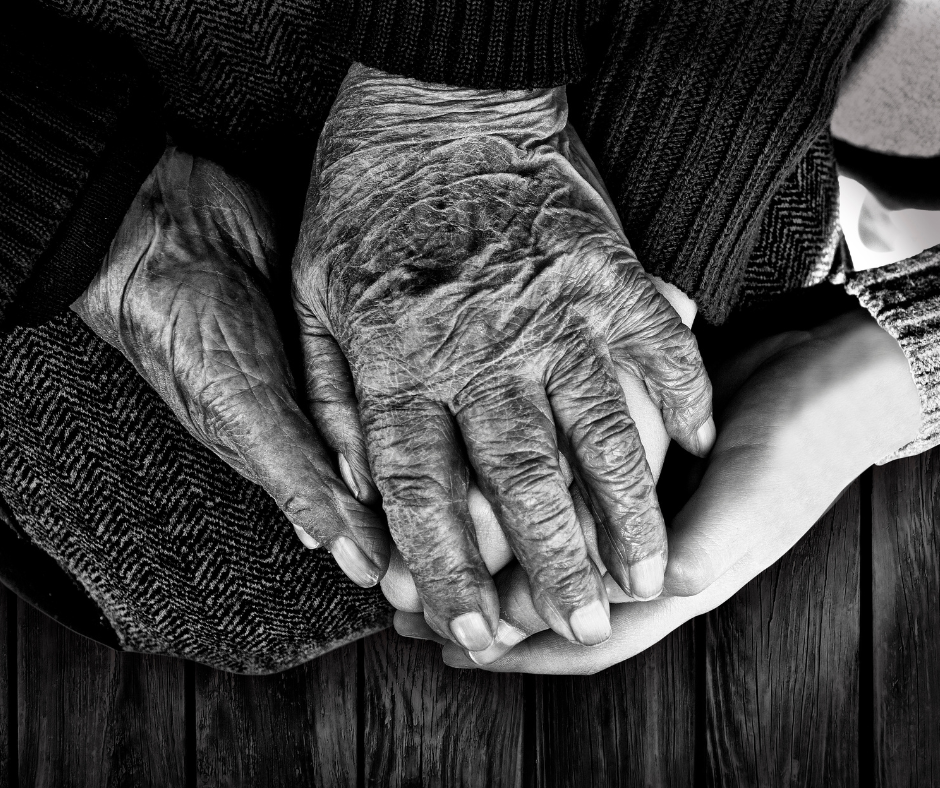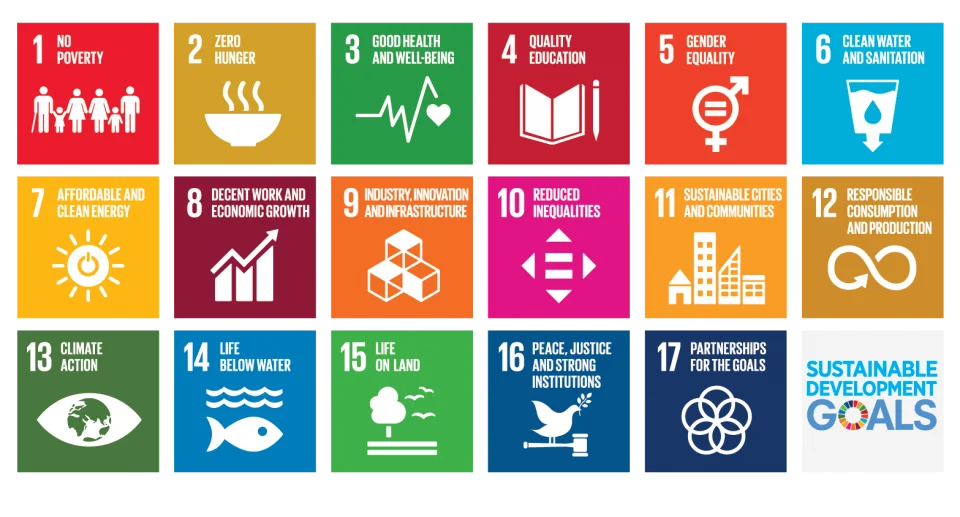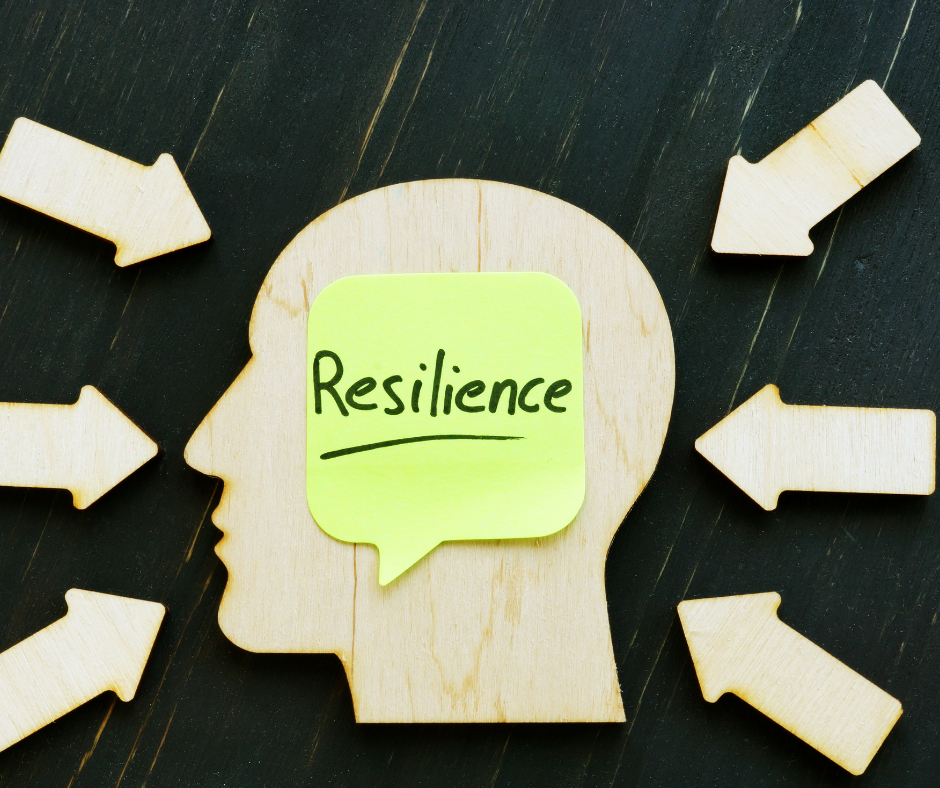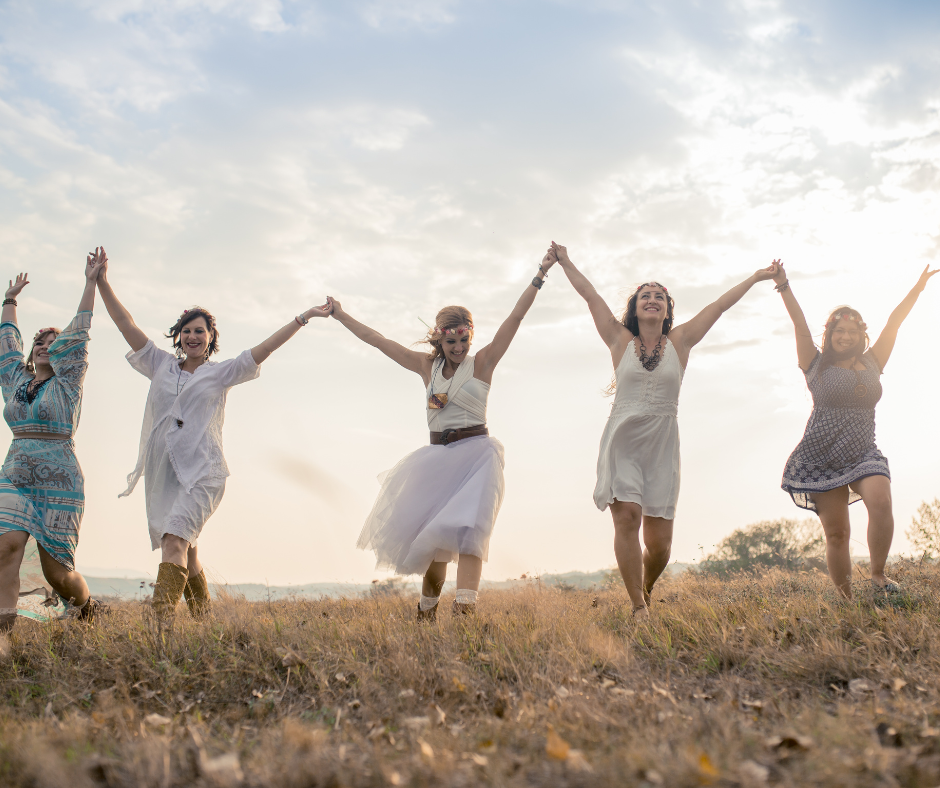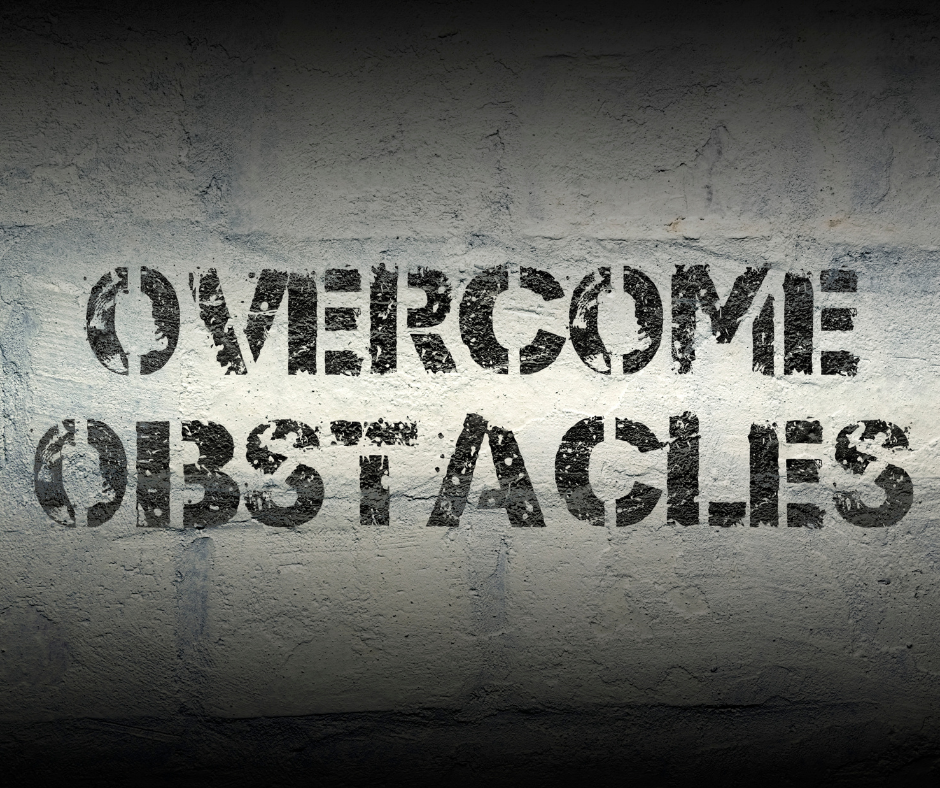In the tapestry of human experience, few threads are as intricately woven with sorrow and resilience as that of widowhood. Yet, despite its prevalence across cultures and continents, the plight of widows often remains shrouded in silence, overlooked by mainstream discourse and policy agendas. Today, we lift the veil on this often-neglected demographic, exploring the challenges they face and shedding light on the critical role of advocacy groups like “The Voice of Widows.”
Widowhood, with its profound emotional and practical challenges, is an experience that transcends borders and socio-economic divides. Whether in bustling metropolises or remote villages, widows grapple with grief, financial instability, social stigma, and legal hurdles. In many societies, widows find themselves marginalized, stripped of agency, and relegated to the fringes of community life.
One of the most pressing challenges widows face is economic vulnerability. The loss of a spouse often plunges them into financial uncertainty, especially if they lack access to education, employment opportunities, or inheritance rights. In patriarchal societies, widows may find themselves dispossessed of property and assets, leaving them destitute and dependent on the goodwill of relatives or charity.
Moreover, social stigmatization compounds the already heavy burden of widowhood. Cultural norms and taboos surrounding widowhood can lead to ostracism, discrimination, and even violence. Widows may be blamed for their husband’s death, labeled as cursed, or subjected to harmful traditional practices like widow cleansing or forced remarriage. Such indignities not only erode their sense of self-worth but also hinder their ability to rebuild their lives.
Legal barriers further exacerbate the challenges faced by widows. In many jurisdictions, discriminatory laws and customs deny widows the right to inherit property, access healthcare, or make decisions about their own lives. Without legal protections, widows are vulnerable to exploitation, coercion, and abuse, perpetuating a cycle of disadvantage for generations to come.
Amidst these formidable challenges, organizations like “The Voice of Widows” emerge as beacons of hope and change. By amplifying the voices of widows and advocating for their rights, these groups strive to dismantle systemic barriers and foster inclusive societies. Through community outreach, education, and policy advocacy, they empower widows to assert their rights, access essential services, and reclaim their dignity.
“The Voice of Widows” embodies this spirit of resilience and solidarity, providing a platform for widows to share their stories, seek support, and demand justice. Through grassroots initiatives and partnerships with policymakers, they champion legal reforms, social programs, and economic opportunities tailored to the needs of widows. By fostering networks of mutual support and solidarity, they challenge the isolation and invisibility that often accompany widowhood.
As we navigate the complex terrain of widowhood, let us heed the voices of those who have walked this path. Let us recognize the inherent dignity and resilience of widows, and commit ourselves to building a world where no widow is left behind. Through collective action and advocacy, we can ensure that the plight of widows receives the attention and compassion it deserves, transforming grief into empowerment and solidarity.
In conclusion, the journey of widowhood is fraught with challenges, but it is also marked by strength, resilience, and the enduring power of community. By standing in solidarity with widows and amplifying their voices, we can create a more just and inclusive world for all.

